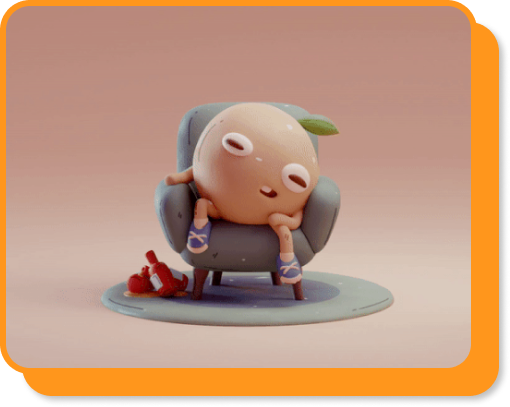
You know many people believe our survival depends on our ability to make choices that will not harm our immediate environment or the planet? Plato's The Republic came up in conversation when discussing sustainable futures. Plato says that our happiness and desires are "associated too much with the comforts and conveniences of life." Today, those comforts and conveniences have been too far diverted as our consumption now hyper-includes "pleasures of life."
As consumers, we often desire pretty and appealing items, rarely thinking about the production of said goods and potential harm to the environment or people producing them. White Hot: The Rise & Fall of Abercrombie & Fitch details the difficult way fashion companies can often perpetuate-isms and capitalize on them.
Countless studies align with the potential for irreversible damage to our planet if we do not implement practices like circular recycling, behavioral changes to our consumption (adding pink for perceptions of freshness and thrill), sustainable fashion, and zero waste. This Saturday (and throughout May), the focus is on the toxicity of cute driven by our need for ultra-sensory goods. And the ways many within the industry are creating solutions around this issue.
Riana & Team
Do you remember the rising tides and discoveries of pink slime in pop culture? We are diving back in on the psychological impact of food dyes and the pink tax that women pay for consumption.
A recent study on Methylene Blue Dye, a highly toxic dye used in industrial applications, showed promise in removing the dye using brown seaweed.
In fashion, Scientists at UC San Diego launch the world’s first biodegradable shoe made from algae, a growing ingredient in the food texture and coloring sectors.
A Chilean study linked Blueberry pruning waste as a possible alternative to plastic cords in restoring coral reefs.
Honeybees represent an increase in crop values by over $15 billion and are responsible for 1 in 3 bites of food we take. Caroline Yelle, owner of Pope Canyon Queens thinks the answer to our survival is ensuring bees do as well.
During the holy month of Ramadan, war disrupts the supply of wheat and oils used to produce bread in the Middle East.
In Texas, a week-long protest of the immigration policy caused more than $240 million in spoiled goods. In more policy reflection, attorney Sarah Vogul in The Farmer’s Lawyer details her challenges and successes helping North Dakota farmers maneuver the farm crisis, their efforts eventually led to the passing of the Agricultural Credit Act of 1987.
Plant Based Foods Global Inc., a producer of plant-based meat substitutes, launched this week on D2C markets as markets in plant-based become more slowed with manufacturing bottlenecks.
Jason Ash, the co-founder of YoungPlanet, a declutter app that focuses on the disposal of children’s goods through a circular economy.
Have you had Deviled Crab? This month Emily Meggett provided her contribution to Gullah Geechee heritage and foodways releasing the Gullah Geechee Home Cooking cookbook this month.
The next generation are preserving cultural foods like cheese and heirloom corn varieties hoping to prevent them from being lost forever.
Kirin Holdings in partnership with Miyashita Laboratory in Japan have developed electrified chopsticks enhancing salty taste in low sodium foods in efforts to combat high sodium diets.
The State of New Jersey expanded cannabis to recreational status just in time for Earth Day, expanding availability of THC snacks.
We’d love to hear from you!
If you have any questions or thoughts, throw them in the comments below.
